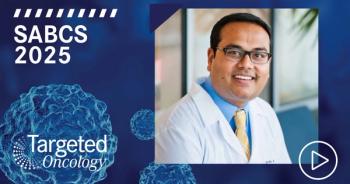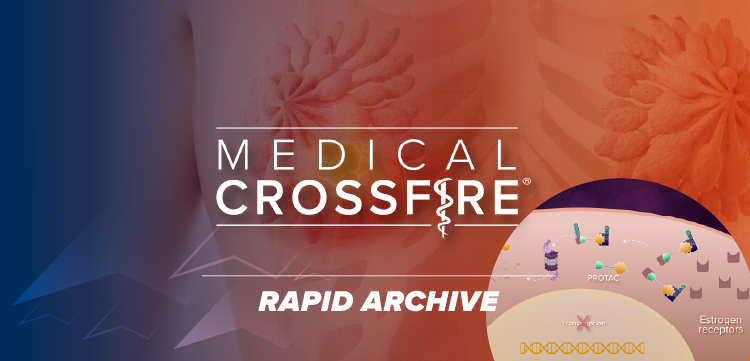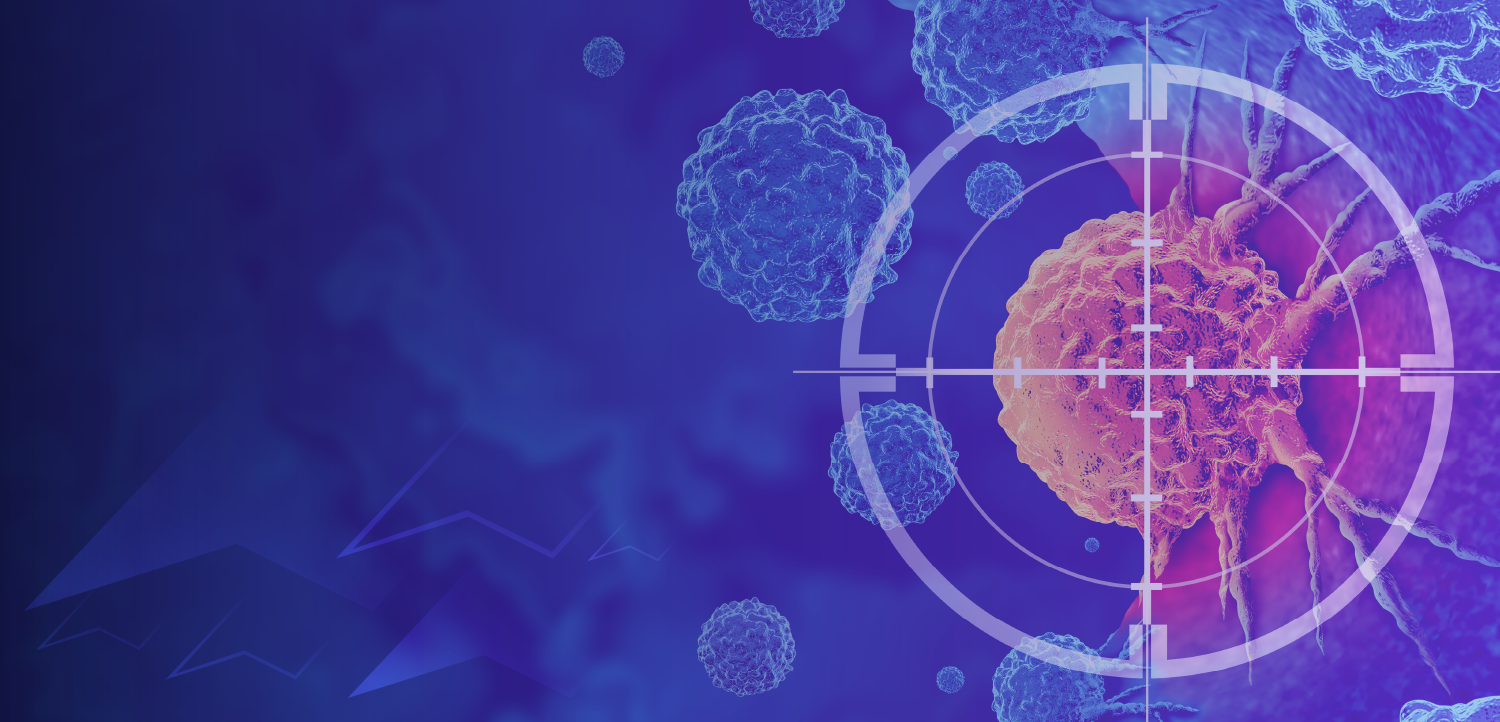
Precision Medicine in Breast Cancer
Adam M. Brufsky, MD, PhD: We’ve gone over some of the things we have. Do you have anything else that you are interested in that we’ve left out?
Erika P. Hamilton, MD: No. That hits the high points. The other things I’m interested in are some smaller abstracts or posters getting at these biomarkers. Can we tease out different populations that do or don’t get benefit? That’s the exciting thing about breast cancer care right now: it’s not one-size-fits-all. We know that all ER-positive breast cancers aren’t the same. We’d like to tease out who may benefit the most from therapies and attempt to get to true personalized medicine.
Adam M. Brufsky, MD, PhD: I agree. What’s going to eventually happen is that we’re going to have all these biomarkers, and unfortunately, we’re going to want to learn new stuff. Where we’re going to get that data is from the real world. It’s going to be from analyzing the large databases, whether they come from the biomarker people like Caris [Life Sciences], Foundation [Medicine], Tempus, or Guardant [Health]. We could be looking at the outcome measures of people who have had mutations, or looking at a big thing like Flatiron Health in people who’ve had a Guardant [biomarker test] or something like that. We could be comparing their survival or their PFS [progression-free survival] to agent X, Y, or Z vs the biomarker they’ve had.
Trying to do a prospective randomized trial in that setting is going to be difficult. It may be that the way it will happen, is with little tiny trials with maybe 50 patients or something like that, or 75 patients, that gives a hint. And we may do some sort of convenience trial that we do in a registry to back it up.
I don’t know. I’m waving my hands because we’re going to have to think hard about novel trial designs to be able to do this. I don’t think the trial designs of the past are going to be able to allow us to evaluate agents efficiently or quickly. We’ll just have to see. I agree with you: we’re going to a personalized kind of medicine now in breast cancer, which is pretty cool.
That’s a wrap guys. Thank you very much for listening to us, and we can’t wait to see you after the San Antonio [Breast Cancer Symposium] to see exactly what happened. Thank you. Thank you Erica, and again, thanks to our listeners.
Erika P. Hamilton, MD: Thank you. I’ll see you virtually at San Antonio.
Adam M. Brufsky, MD, PhD: Me too. See you virtually there too.
Transcript edited for clarity.















































